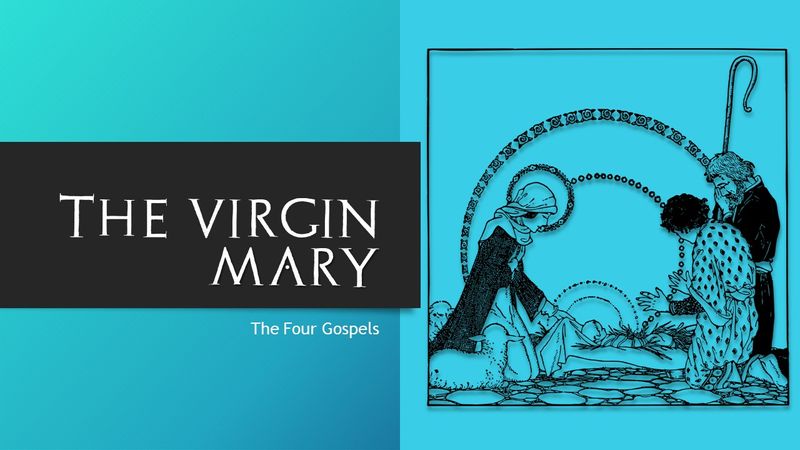Some books of the Bible are easier to read and to understand than others.
Finding the point of a passage from Philippians, for instance, is not too difficult.
But what about all the craziness of Ezekiel, Daniel, or Revelation? Those aren’t so simple. Those are way more complicated, scaring off even the most impassioned students of God’s Word.
Another difficult book of the Bible is the book of Job. It’s a complicated book that falls under the ‘Wisdom Literature’ of the Bible. It’s a book that I want us to explore together throughout the summer. Not every blog will be about this book, but it will remain the dominant topic. So, grab your Bible or pull up your Bible app, and let’s check it out together.
As I said, Job falls under the banner of wisdom literature. But what kind?
The rest of the wisdom literature have their own niches. Psalms is essentially an old hymnal. Proverbs is a collection of sayings about wisdom and folly, and the importance of pursuing the former. Ecclesiastes is about the wisdom to know that all of life is meaningless outside of God. Song of Solomon is about the wisdom of marriage, or our relationship with God, or maybe both?
Job is different though. Job is poetry bookended by narrative. We are told a story about Job (chapters 1-2) that leads to dozens of chapters of Job speaking with four of his friends, who are quite foolish (but we’ll see that later). Then God comes in and says the last word, humbling Job and hopefully us in the process. We then get a final chapter where we see the culmination of the story.
The Wrong Way To Read Job
There’s a couple ways to read Job incorrectly.
- We have the proclivity to unintentionally strip verses out of their context, trying to jam them into the puzzle that is our theological beliefs about God and man. This happens quite regularly with wisdom literature. Here’s where this is especially dangerous when it comes to the book of Job. Whenever any character other than God is speaking about the nature of God, you could have some falsehoods. There are innumerable times in Scripture when a character makes a false statement about the nature of God and the world (Pharaoh, the wicked prophets, the servant from the parable of the talents). So, as we sift through the dozens of chapters of dialogue in the book of Job, we should be careful not to take what Elihu, Eliphaz, Job, Bildad, and Zophar say about God at any moment as necessarily true about God. Make sense?
- The other way to read Job incorrectly is to make Job the hero of this story. Yes, there are aspects of Job’s character and faith that are worthy of emulation. But ultimately this story is not a fable that teaches us some moral lesson as we try and make our lives more like Job’s. Instead, it has something much deeper and richer to teach us, and you’ll see that below.
The Right Way To Read Job
I personally have found that reading through entire books of the Bible (this doesn’t have to take place in one sitting) to be the most beneficial to me. I would attest that this best equips us to observe and grasp the book of the Bible we are wanting to glean from. So, to best read Job, you should do just that. Just as I’ve been methodically walking through Harry Potter and The Goblet Of Fire, we should methodically work through the book of Job.
Secondly, don’t go to the book of Job looking for black and white answers about the world we live in and what it means to be human. If you’re looking for a clear-cut answer to why suffering happens, you’ll be left wanting. There’s a whole lot of tension, gray area, and paradox in what it means to be a follower of Jesus. The book of Job will take us deeper into that tension, rather than alleviate it.
The Theme of Job
As a matter of fact, the purpose of the book of Job is to highlight the incorrect black and white understanding of sin and suffering that so many people then and now hold to.
You will see that all of Job’s friends believe that Job’s suffering is a result of some hidden sin that is just below the surface. They attest again and again and again that Job is going through such powerful suffering and pain because of his unrighteousness and sin.
We still fall into this. Christian Karma is alive and well. We can claim faith in Christ and belief in the God of the Bible and yet still fall into the “do good, get good; do bad, get bad” mentality. This is so antithetical to Christian doctrine. The book of Job will show us that suffering happens in a Genesis 3 world. Suffering can have purposes for us, and sometimes it may just not. There have been tremendously painful moments in the life of my family that don’t seem to have any rhyme or reason to them. It’s in that space that the book of Job can remind us that God is faithful, even when our sufferings don’t fit into our black and white, systematic beliefs about life.
Craig G. Bartholomew wrote a book on Job called When You Want To Yell At God. That name is so good.
Have you been there?
I have.
In fact, I’ve not only wanted to yell at God, I have.
Many times.
In his book, Bartholomew teaches that suffering is not always the result of wrong behavior, and right behavior does not always guarantee blessing – but God is always faithful.
I encourage you to read the book of Job. Again, not for trite answers to share in moments of grief, but rather for powerful proclamations from the Word about the faithful God we serve in the midst of our own abject sufferings.
In His Name,
Nate Roach




